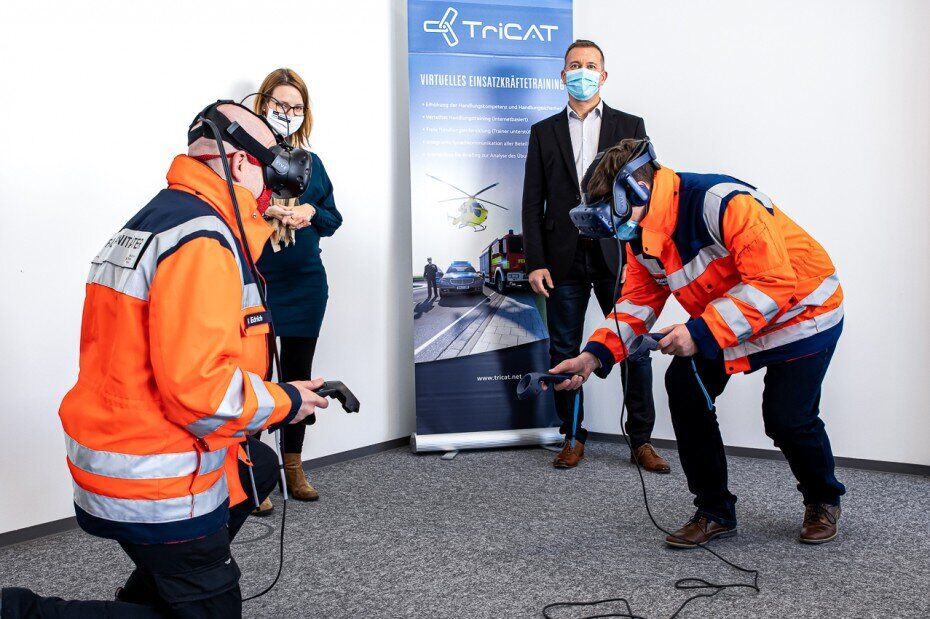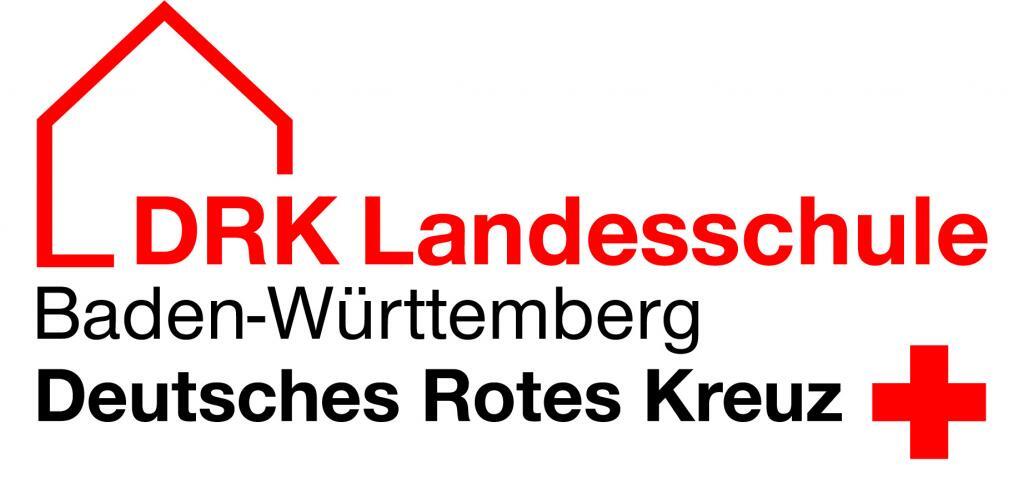
i:medtasim® at paramedic schools –
From now on the highly immersive multi-user VR learning environment i:medtasim® by TriCAT is used at the emergency paramedic schools of the DRK Landesschule Baden-Württemberg.
There now not only VR is trained, but TriCAT develops together with the partner DRK also further emergency medical disease patterns. From the stroke, over the cardiac infarct up to the polytrauma soon everything will be possible. In the attendance and after introductory greetings of Ronja Kemmer (member of the Bundestag and KI representative of the CDU/CSU parliamentary group), the software i:medtasim was officially handed over to the principal of the BE Ulm, Dominik Wichmann, already on 19.10.2020 by Markus Herkersdorf (managing director of TriCAT GmbH).
“Many people say afterwards that they experienced the scenario almost like a real mission”
Put on your glasses, sort cables, get used to the system, check equipment: The first few minutes with VR glasses on your head still need getting used to. But then comes this special moment, often after about five minutes of an exercise. Dominik Wichmann, the principal of the educational institution in Ulm, has experienced this moment many times now: “Suddenly you notice how the behavior of the trainees changes. This is the moment when they feel the exercise situation is real. More real than our usual practice situations in the classroom could ever be”. With the glasses and headphones, the surroundings, the fellow students, their coughing and rustling disappear. “Many say afterwards that they experienced the scenario almost like a real mission.”
“The practitioners do not need any previous experience and can work well with it after about 20 minutes of getting used to it”.
The system could also be used in further education and training courses at a later date. “It is suitable not only for the rescue service, but also for topics related to volunteer work or, more broadly, in the hospital sector,” says Dominik Wichmann. “The trainees do not need any previous experience and can work well with the system after about 20 minutes of familiarization. He sees clear advantages in the debriefing: “Completely new possibilities arise, for example an infinite number of perspectives.
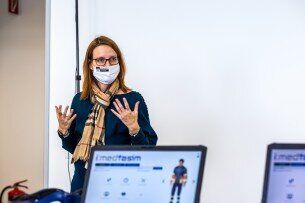
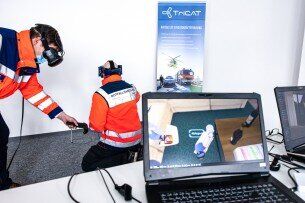
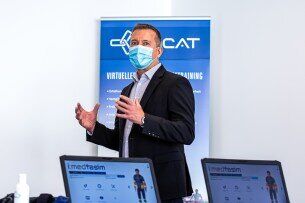
“Obviously, this setting can create an extra portion of motivation”
Many things are possible with the system in the future: that in addition to accompanied training, autonomous training of the students will also be possible. The fact that students practice and repeat exercises until they reach a predetermined point value and thus reach a new level – apparently this setting can create an extra portion of motivation, reports Dominik Wichmann. It is also conceivable that scenarios from the first year of training are repeated in the second year in a very targeted manner, but then with new framework conditions that fit the current learning material. “For example with hypertension: In the first year, basic knowledge about the clinical picture and care is imparted, in the second year the focus is on the specific medication,” says Wichmann. In addition, teaching materials and reference works are to be stored in the virtual room so that they can be called up and one can look up and compare the theory during practical training.

